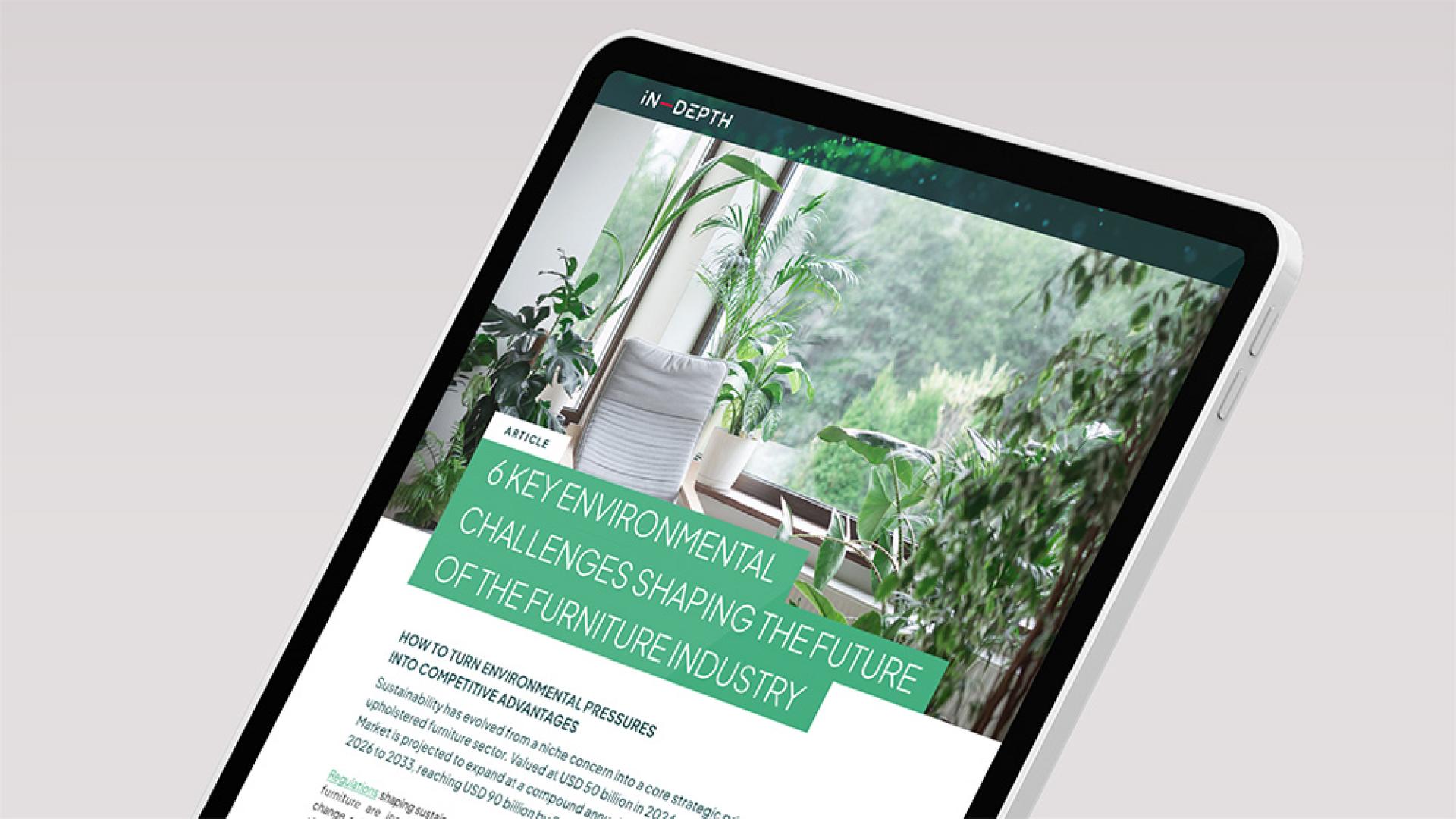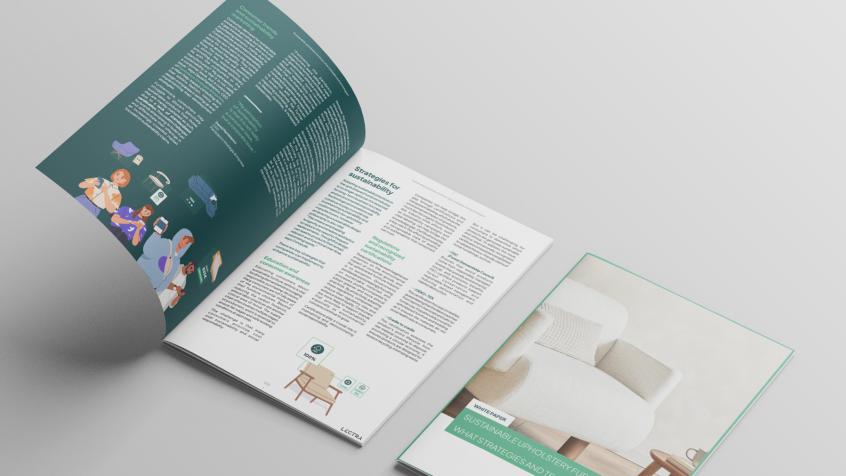Key environmental challenges in furniture industry
Exploring sustainability pressures in upholstered furniture. Transforming challenges into innovations for industry growth.

The 6 challenges influencing sustainable furniture production
- Recyclability concerns: are upholstered furniture products truly recyclable?
- The costs of sustainability: is sustainability financially viable for all manufacturers?
- Uneven regulatory playing field: how do inconsistent regulations affect the industry’s progress?
- Labor shortages: are there enough skilled workers to meet sustainable manufacturing demands?
- Supply chain disruptions and near-shoring: could closer sourcing disrupt sustainability?
- Consumer trends and sustainability marketing: are industry efforts visible to customers?
The rise of eco-friendly products
Although the Eco-friendly Furniture Market is anticipated to grow significantly by 2033 many manufacturers struggle to implement sustainable changes effectively. The transition is complex, involving supply chain adjustments, material sourcing, and cost considerations.

This challenge presents a unique opportunity for innovators to lead the way. By embracing sustainable design and production, forward-thinking companies can not only meet market demand but also shape the future of the industry.
The sustainability challenges facing manufacturers
Furniture manufacturers encounter several obstacles today. 
Key challenges include recyclability, cost, and regulatory inconsistencies.
Below are the highlighted issues:
- Recyclability complexities of upholstery
- Financial viability of sustainable materials
- Lack of skilled labor for sustainable processes
Read the article
6 key environmental challenges shaping the future of the furniture industry
Key strategies for furniture manufacturing success
How are top furniture brands staying ahead in the sustainability game?
- They’re designing products with disassembly in mind — making recycling easier and more efficient.
- They’re teaming up on material sourcing to cut costs and reduce waste.
- And they’re building trust by being transparent with consumers about their sustainability journey.
Discover the white paper

Related content





